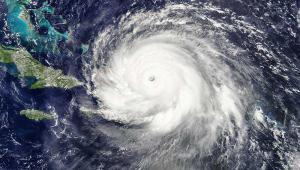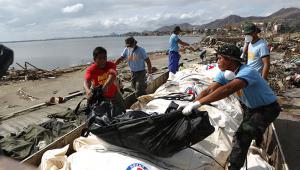This is something the UK has pushed for since many Caribbean islands, including some British Overseas Territories, were hit by destructive hurricanes last autumn but not ODA eligible.
But at the time, the countries did not qualify for aid because their economies had ‘graduated’ from the ODA-eligibility list, which only includes countries under a certain income threshold.
The OECD’s Development Assistance Committee, which comprises 30 donor nations, has now agreed to introduce a new ‘reverse-graduation’ mechanism, which will allow ‘graduated’ countries to receive assistance if their economies worsen, for example as a result of a natural disaster.
This allows them to apply for aid to help with long-term economic recovery and reconstruction, rather than just humanitarian aid, as in the past.
UK international development secretary Penny Mordaunt, who has been pushed for the DAC to make these amendments, said: “Not being able to pay for that help from the aid budget, because a nation’s economy was doing well before a hurricane, earthquake or other disaster hit, was illogical and had to change.
“This significant rule change means that in future we may be able to use our aid budget to pay for that longer term, reconstruction support.”
Under the previous OECD DAC rules, once a country reaches the World Bank’s high-income threshold for three consecutive years, it is not considered ODA-eligible.
It has been a year since the DAC announced that it would change rules to allow countries hit by crisis to become temporarily ODA-eligible.







